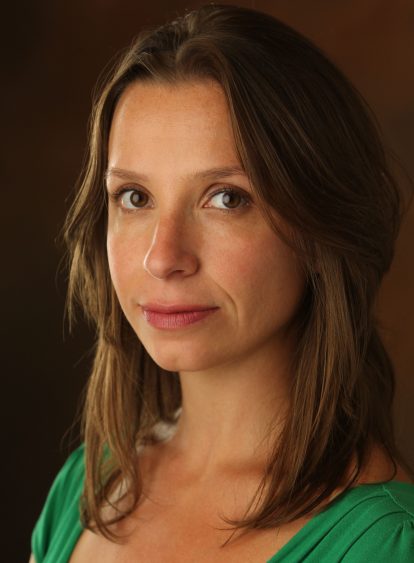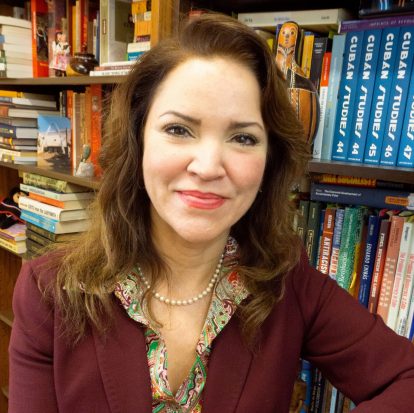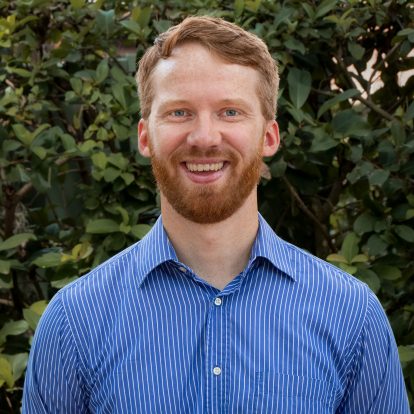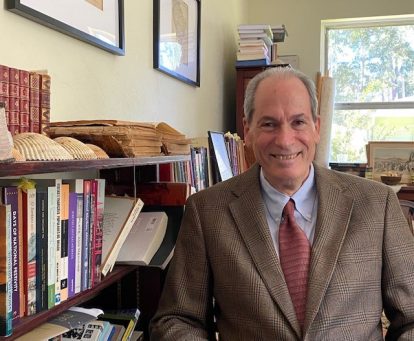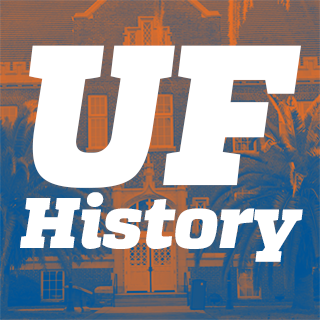The Latin American History (LAH) program at the University of Florida, founded in the 1950s, is among the oldest and most distinguished such programs in the United States. Strengthened by its close association with the interdisciplinary Center for Latin American Studies, the LAH program offers a full range of methodological and theoretical approaches as well as broad coverage of geographical sub-regions (Andes, Brazil, Caribbean, Mexico). Latin American history training at the University of Florida is further augmented by departmental strengths in Atlantic history, the Spanish empire and North American borderlands. The training and research activities of the program are supported by the Smathers Library’s outstanding Latin American Collection and the related Special Collections, which together form one of the nation’s best such collections of secondary and primary sources, preeminent in Caribbean holdings and notably strong in the Andes, Brazil and colonial Mexico as well.
The Latin American History major field of study is divided into two sub-regional tracks, (1) Brazil/Caribbean and (2) Spanish America. For the purposes of training, these tracks are in turn subdivided into colonial/early modern and postcolonial/modern periods. Students seeking the Ph.D. must pass qualifying examinations, normally taken in the third year of study, in both tracks. Students are expected to complete the core reading or historiography seminars in both tracks, in addition to fulfilling departmental requirements (Historiography and the second-year research seminar). In addition doctoral students must fulfill the requirements for the Department Minor Field.
MA Program Requirements
Students in the History Department may pursue the M.A. through the terminal M.A. degree program, the 4-1 (combined degree) program, or the Ph.D. program. Students choose either the “thesis” or “non-thesis” track.
Each M.A. student has a supervisory committee, chaired by the advisor, which oversees and evaluates the student’s academic progress. Normally the M.A. supervisory committee consists of three members: the major advisor and two other members of the graduate faculty who have taught the student in seminar.
Department guidelines stipulate that students pursuing the M.A. must complete 12 credit hours within a Major Field of Study. Students should consult with their advisors regarding guidelines. If possible M.A. students should take a research seminar related to the area of specialty.
M.A. students who choose the thesis track will have an oral examination administered by the supervisory committee relating to the thesis. For students who follow the non-thesis track there is a two-hour, closed-book written examination that tests how well the student has learned the material covered in the graduate seminars taken to that point. The oral examination addresses both the content of the written examination and the non-thesis M.A. paper.
Doctoral Program Requirements
The Ph.D. Qualifying Examination is normally administered in the student’s sixth semester. The exam consists of written and oral examinations in the major and minor fields and, often, the defense of the Dissertation Prospectus. In the major field examination students are expected to demonstrate mastery of the narratives and historiography of both the major field tracks (Spanish America and Brazil/Caribbean) and of the colonial/early modern and postcolonial/modern periods. Students who earn the M.A. degree en route to the Ph.D. should note that the M.A. Final Comprehensive Examination is clearly distinguished from the broader concerns addressed in the Doctoral Qualifying Examination. The latter tests the mastery of the major fields and includes but is not limited to the material covered in the LAH seminars. Rather than focusing upon the material taught in the seminars alone, the qualifying exam is designed to show what students are able to do with that material. Thus it may involve drawing comparisons and connections across tracks and periods and addressing issues in course planning, historiographical debates across subfields, and the like.
There are two options for the written examination. The first option is two four-hour, closed-book examinations administered on separate days, one for each major field track, which in turn are subdivided by period. The second option is a 48-hour take-home examination with similar format. When the defense of the Dissertation Prospectus is not part of the oral examination, it must be scheduled and completed within four months following the oral exam. The minor field written examination is administered by the minor field advisor and covers content derived from the student’s minor field course of study. Normally it follows the same format as the major field qualifying exam, that is, a single, four-hour closed book examination or a 24-hour take-home examination. The minor field written examination should be completed before the oral examination, in which the entire supervisory committee participates.
Language Requirements for the Doctorate
In addition to English, Ph.D. students in LAH must demonstrate proficiency in one of the three major languages of the region (Spanish, Portuguese, French) as their principal research language. They must also acquire proficiency in one other language, designated here as the secondary research language, which may include indigenous and other languages of the region (Nahuatl, Mayan, Quechua, Kreyol, etc.) as appropriate. Proficiency in the principal research language means the capacity to conduct scholarly research, speak the language in the field, and understand primary and secondary sources. For the secondary research language, proficiency means the capacity to conduct scholarly research in the language.
Proficiency in the student’s principal research language will be determined at the doctoral supervisory committee’s discretion within the first two years. Proficiency in the secondary research language will be determined within three years of the student’s entrance into the program by the capacity to translate a page and a half of scholarly text in an hour and a half, with dictionary access, in a test administered by the appropriate member of the faculty.
Faculty in Latin American History
Associate Professor, Modern Latin America, Youth, Social Movements, and History of Disability
